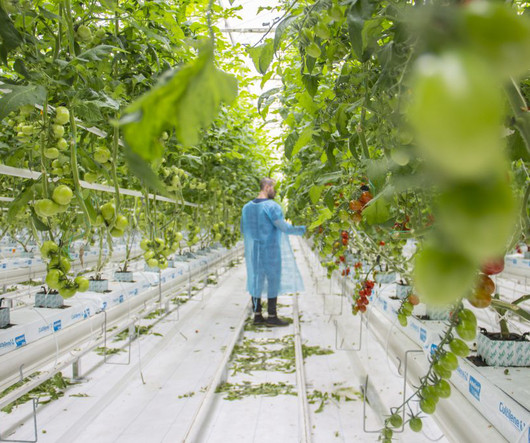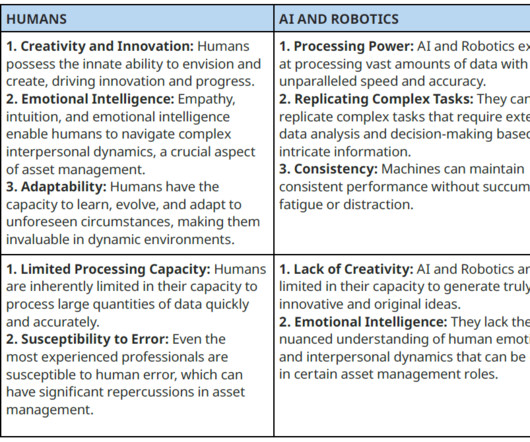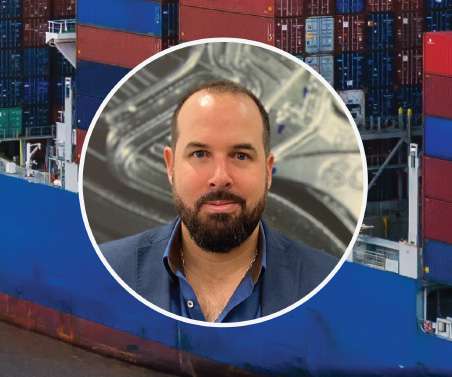CSR Initiatives in the Global Supply Chain
The Logistics & Supply Chain Management Society
SEPTEMBER 14, 2021
The responsibility of sustainability is no longer limited to the individual, but it extends to corporations, industries and even governments. The Group’s sustainability policy is based on three pillars: Acting for People, Acting for Planet and Acting for Responsible Trade. We are committed to preparing the supply chains of the future.























Let's personalize your content